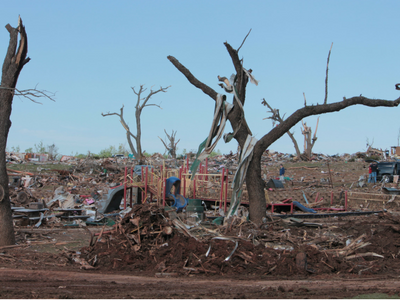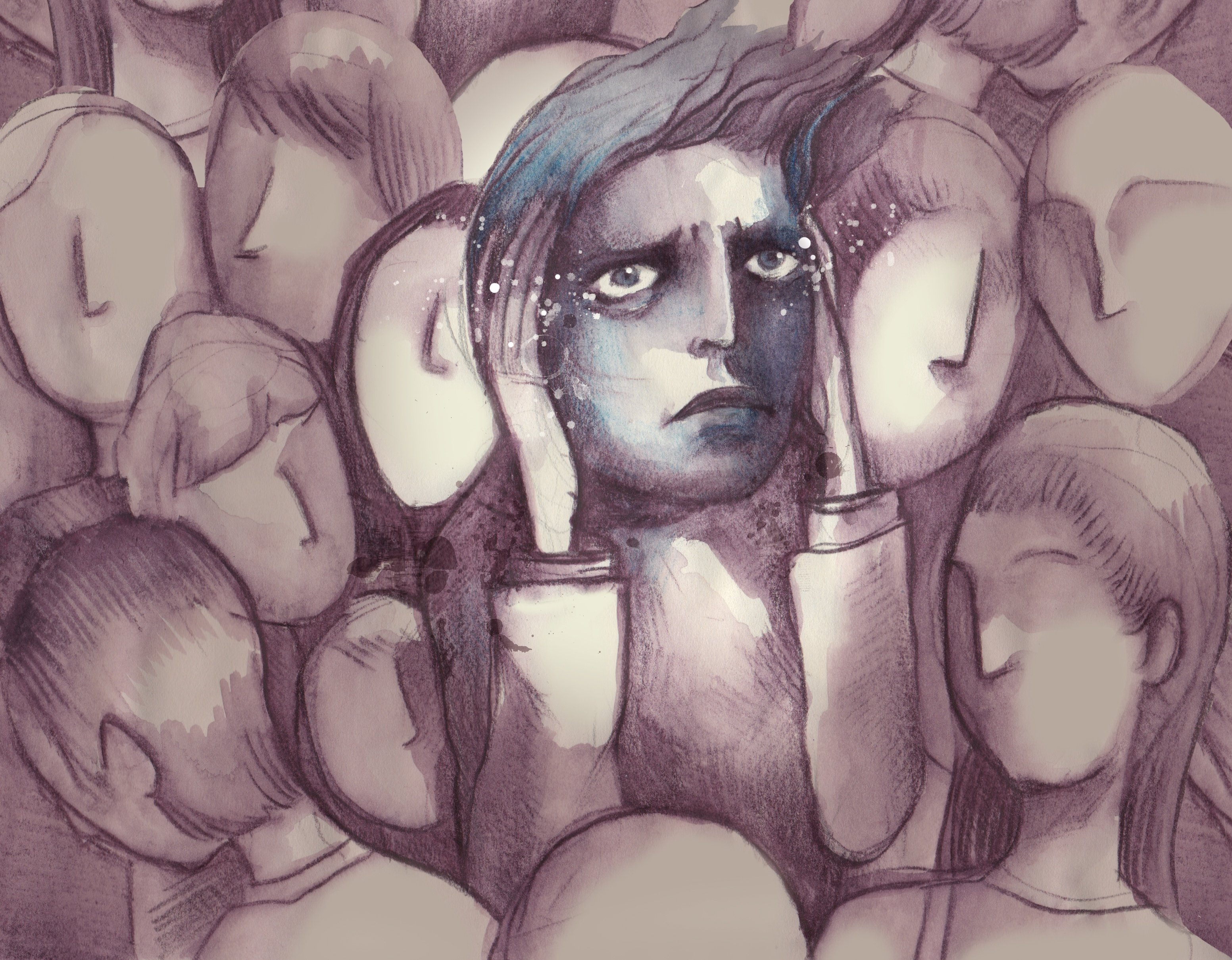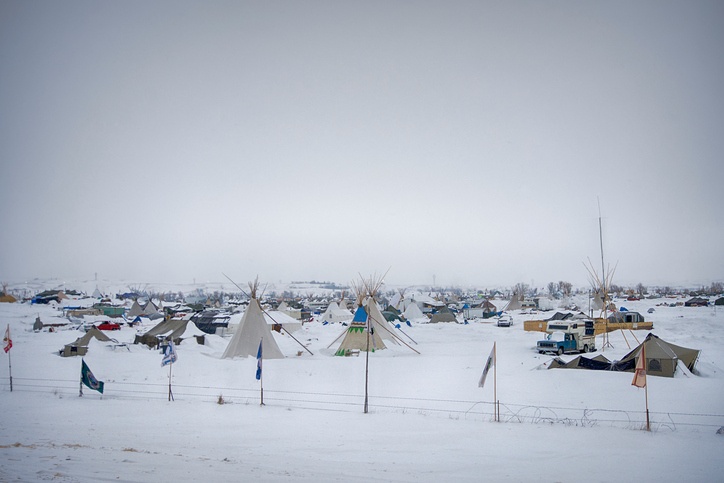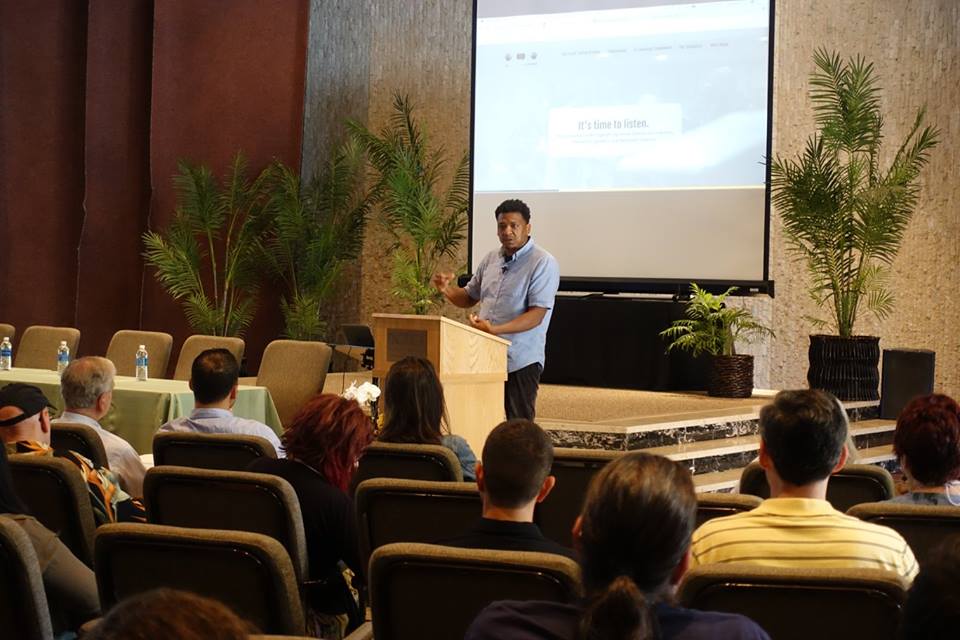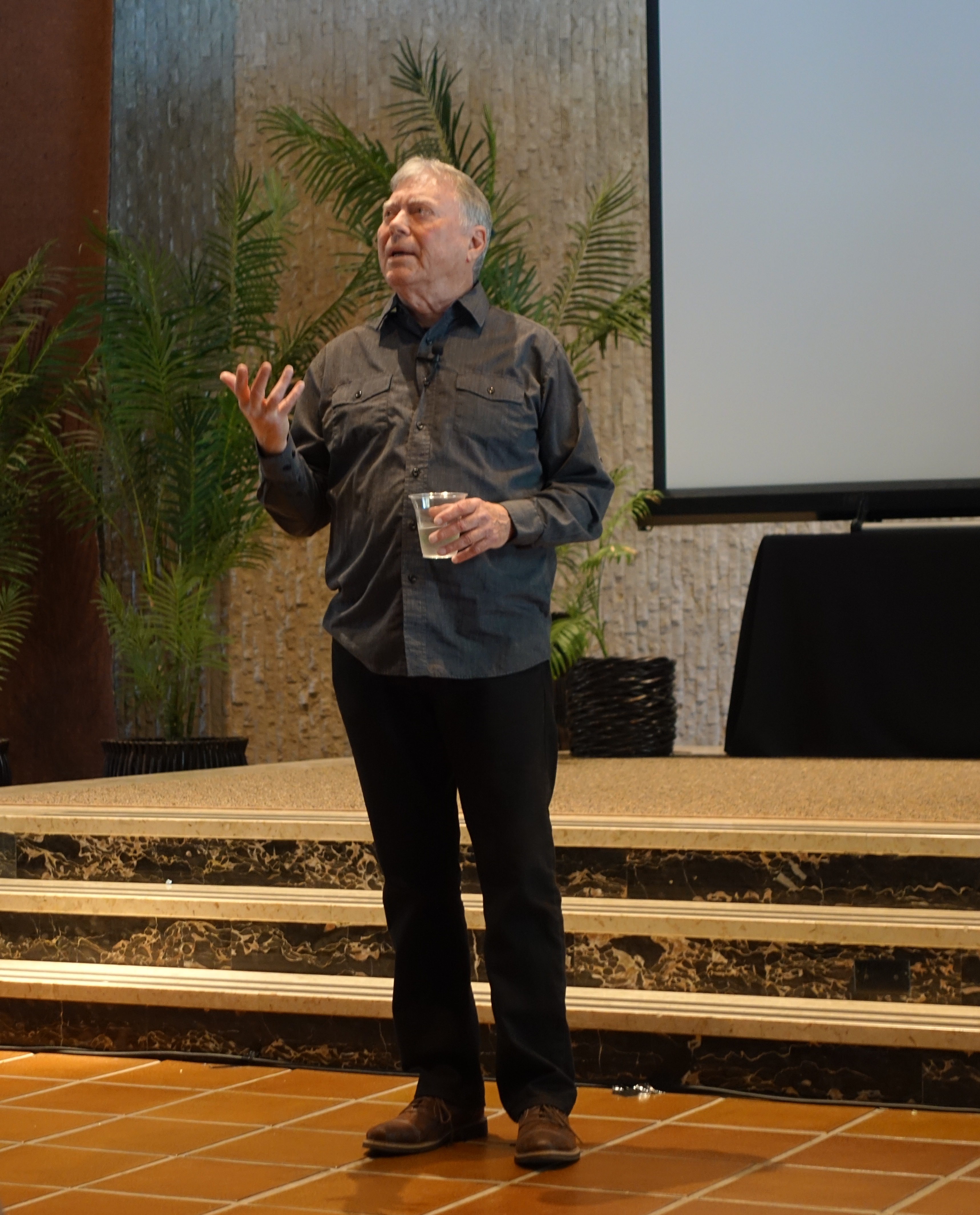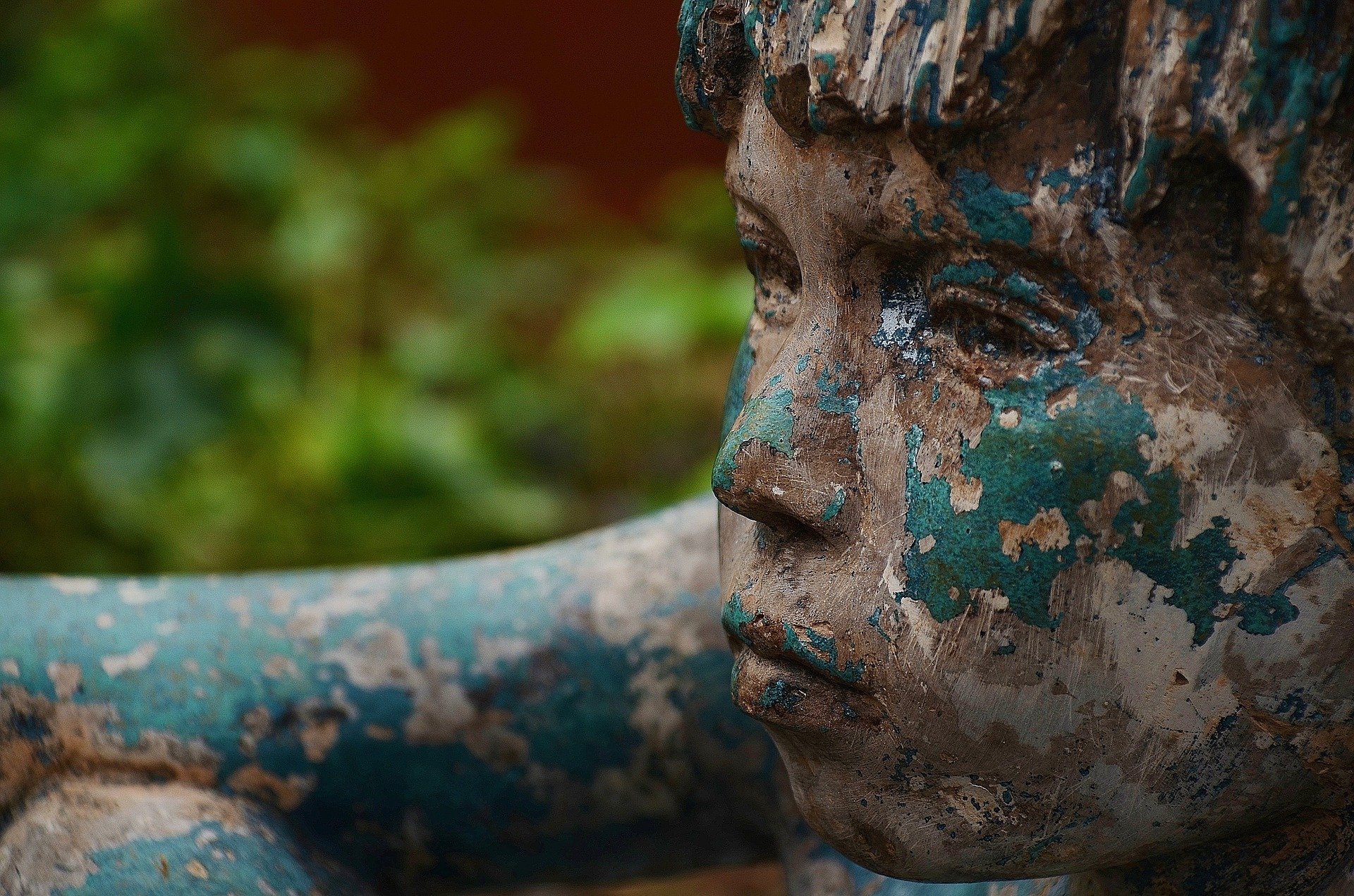Normalizing Non-Ordinary Experiences: An Interdisciplinary Approach. A blog post by Melissa Nazario, based on an interview with Ann Taves, Ph.D. by Bonnie Bright, Ph.D.
Listen to the full audio interview with Ann Taves here. (approx. 28 minutes)
If you began hallucinating, perhaps seeing or hearing things that no one else could perceive, how would you interpret this unusual experience? Ann Taves, Ph.D., professor of Religious Studies at the University of California Santa Barbara and presenter at Pacifica’s upcoming Trauma and Transcendence conference in June 2018, became interested in this topic back in the mid-80s, when there were a lot of people who were being diagnosed with multiple personality disorder. She had a friend who had been abused as a child and who apparently had multiple personalities, or dissociated identity, as the clinicians now call it. Ann says that because she came from a very rational sort of family, it had never dawned on her that our minds could experience changes like what it does with disorders, and she credits knowing her friend and hearing her talk about her experiences as the point at which, for Ann, the door first opened into the range of what was possible.
Read More


